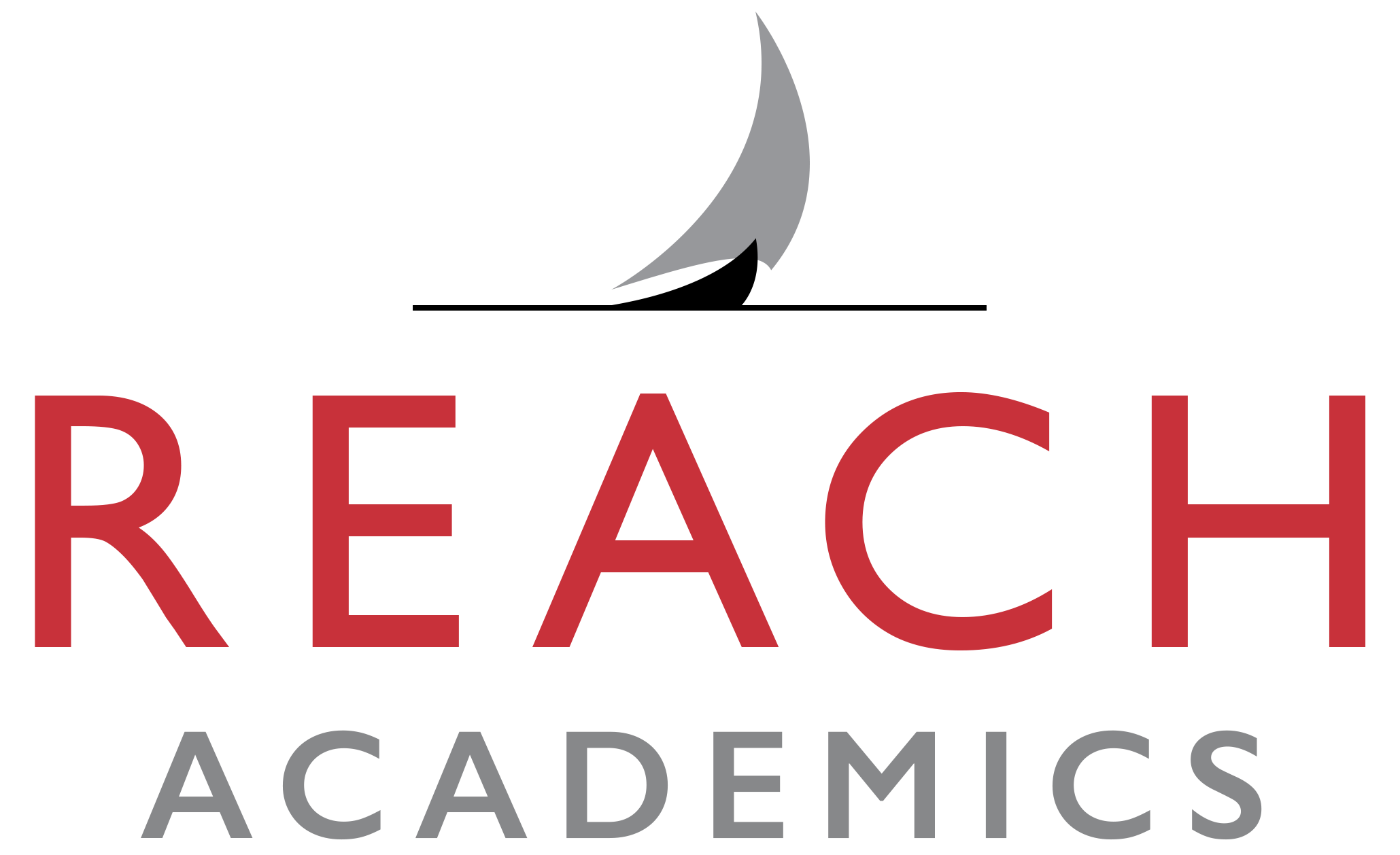Two Simple Words
I had just delivered a rotten class. Simply dreadful. My lesson plan was derailed, I wasn’t completely confident with my grasp of the material, the majority of students looked out to lunch, completely uninterested in the anxious adult in their sights.
The bell sounded as a relief. I couldn’t wait for them to leave. I craved the silence of the empty classroom…not as a source of contemplation, but as a refuge from the crowd who’d so clearly been obliged to pay attention as they’d been instructed since pre-kindergarten.
As they filed out, to my disbelief, I heard two words that were among the most unexpected I could imagine.
“Thank you.”
And I heard them from not just one but another and another. It was a handful, to be sure—hardly the majority and clearly fewer than half. But it galled me that any of these high school freshmen would have the wherewithal to speak with gratitude after such a pitiful example of teaching perfection. Aren’t they going through their own stuff just by being adolescents? Aren’t they only concerned with their own world, lives, Selves (capital S intended)?
But my ears didn’t deceive me. I was being thanked. I was not being given permission to hide, be invisible, disengage.
“Thank you.”
And this meant everything to me. Their gratitude saved me from falling into the trap of failure.
As Suzanne Buck, Head of School at Chatham Hall School in Virginia, says “Perfection is pernicious”.
Jeff Domina, a 25-year English teacher at Philips Academy in Andover, shares this pearl of wisdom: “I had a student once tell me, “You teachers are always thinking, ‘good class, bad class, good class, bad class, very good class’…but we just leave thinking, ‘class, class, class, class, class.”
The best teachers strive for excellence in teaching. By nature, most of us are invested each day with heart and mind. This is why we tend to be our own worst critics, as illustrated so clearly in Suzanne’s quote. Yet the temptation to listen to our inner self-critic is indeed a “pernicious” endeavor.
“Thank you.”
To be clear, the students are not thanking me for my well-structured lesson plan (it wasn’t) or my ability to call on every student with perfect attention to gender, introversion/extraversion, or aptitude. They were not thanking me for my seamless integration of technology, for my 3-second wait-time, or for my classroom discipline. Rather, they were thanking me for my best effort. They were thanking me for being there. Truly…no bomb dropped, no kerfluffle arose, no regrettable outburst took place. As a class, it was just…boring. Yet they thanked me anyways.
“Thank you.”
And those two words were a balm to me. They served as a reminder that my value as a teacher was to keep the ship balanced and moving ahead toward the marker. To calibrate and set the compass and maintain course over ground.
“Thank you.”
…a reminder that our deepest work is the most human work. Our relational work. And when students intuit their teacher’s effort towards that work, they will feel thankful…for the classroom stability, the absence of unnecessary drama, the example of striving for perfection in front of them. Even when perfection is rarely, if ever, achieved.
